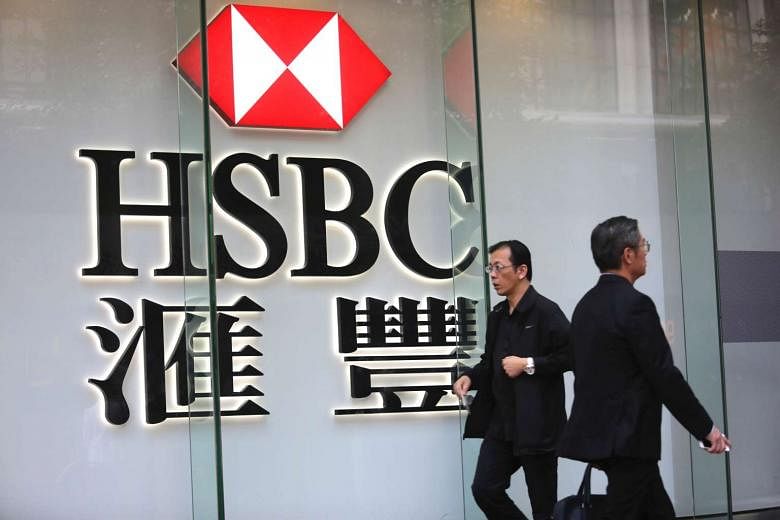NEW YORK (Reuters) - HSBC is looking to boost investment banking profits by packaging more of its loans into bonds and selling them to investors in the United States.
Post-crisis regulations have made it more expensive for banks to retain loans on their balance sheet so to reduce the amount of capital it has to set aside to cover potential losses, Europe's largest bank is looking to repackage loans sold in Asia, Africa and the Middle East as bonds.
"Given our global footprint, we are able to originate assets from all over the world, repackage them, and then offer them to the US investor base," said Thierry Roland, HSBC's head of global banking and markets for the Americas.
"Investors come to us to buy emerging market assets."
HSBC has traditionally used an "originate and hold" approach to its loans. In 2013, the bank distributed only a quarter of loans made by its global banking and markets division but in the 12-month period up to April of this year, it had distributed nearly half of them, according to figures released during a presentation in June.
The "originate and distribute" model of securitized debt helped fuel the 2007-08 financial crisis because so many of the bonds were linked to mortgages given to risky US borrowers. The riskiness of the products were not reflected in the ratings assigned to them.
HSBC was at the center of the crisis after a 2003 takeover of Household International, a lender to people with poor credit history, made it one of the biggest subprime lenders when the housing market crashed.
Since then, the bank has purged itself of around US$100 billion of crisis-era loans.
"Our risk appetite to do business in the United States is greater now," said Roland.
HSBC's US division, which includes retail banking and wealth management as well as investment banking, is under pressure to boost income. It made a profit of US$282 million in the first six months of this year but that was less than the bank made in Canada despite US revenues of US$3 billion being more than triple the amount in its northern neighbor.
While HSBC has said it could sell underperforming businesses in the United States, Brazil, Turkey and Mexico if they cannot be turned around, chief executive Stuart Gulliver has said the bank is likely to remain in the United States given the importance of dollar clearing for its trading business as well as providing access to US companies.

